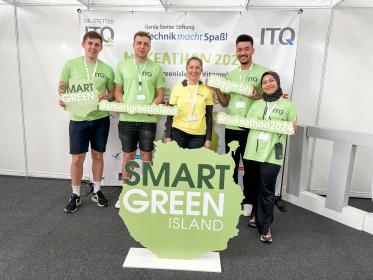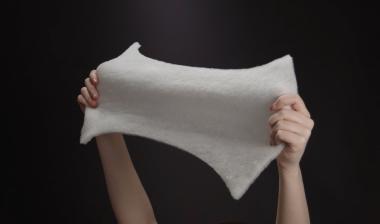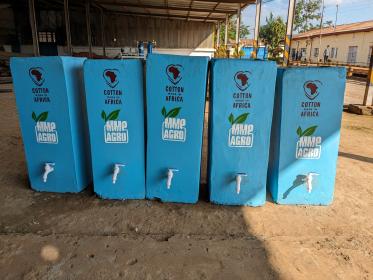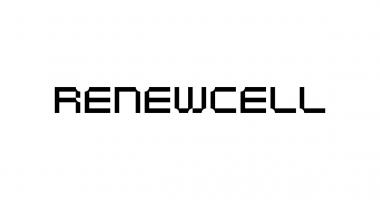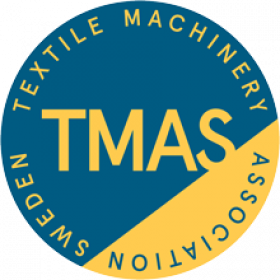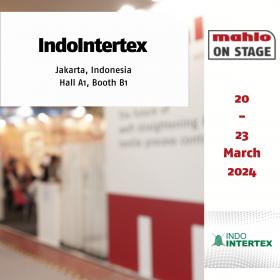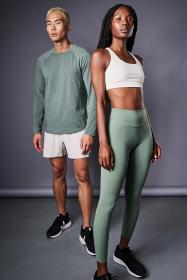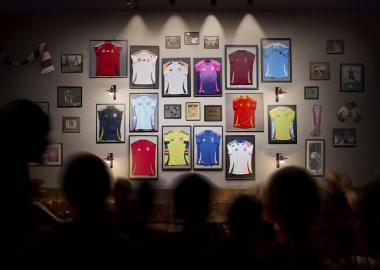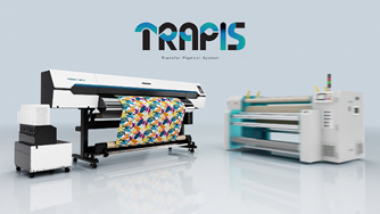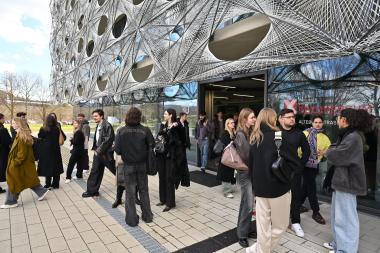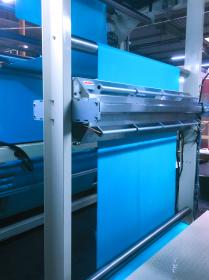Optima: Studierende beim Smart Green Island Makeathon
Vier Studierende von Optima haben vom 28. Februar bis 2. März 2024 beim Smart Green Island Makeathon auf Gran Canaria teilgenommen. Gemeinsam haben sie Prototypen für intelligente Landwirtschaft, automatisierte Systeme für die Lagerhaltung sowie einen nachhaltigen Umgang mit Batterien entwickelt. Bei dem Makeathon konnten die jungen Talente ihr Wissen ausbauen und neue Kontakte knüpfen. Bei der jährlich stattfindenden Veranstaltung waren in diesem Jahr 587 Teilnehmende aus 47 Nationen dabei.
Die beiden Studenten Jannick Besler und Luca Mitrenga haben sich für die Challenge „Smart Home Farming“ entschieden, also intelligente Landwirtschaft für zu Hause. Ein Teil der Challenge bestand daraus, eine automatische Bewässerungsanlage für Pflanzen mit Hilfe von PET-Flaschen zu installieren. Wer in der Großstadt wohnt und keinen eigenen Garten hat, soll sich mit der automatischen Bewässerung ein Hochbeet in den eigenen vier Wänden schaffen können. Dafür hat das Team ein vertikales System entwickelt, in dem PET-Flaschen mit den Pflanzen befüllt und an der Wand befestigt werden. Die Pflanzen werden durch Leitungen von unten mit Wasser besprüht.
Der zweite Teil ihrer Challenge war die Entwicklung einer automatisierten Zustandsanalyse. Dafür entnimmt ein Roboter die Pflanze aus der PET-Flasche und führt sie auf ein lineares Transportsystem mit Magnetantrieb. Eine installierte Kamera erkennt dann die Art der Pflanze, ob und welche Früchte sie trägt und ob sie von Schädlingen befallen ist. So eignet sich das automatisierte System auch für landwirtschaftliche Prozesse.
Student Jeremy Wolf entwickelte mit seinem Team ein automatisiertes System für intelligente Lagerhaltung mit Hilfe von einem 6-Achs-Roboter. „Im Vergleich zu den anderen Teams haben wir unsere Chancen auf eine herausstechende Lösung eher gering eingeschätzt. Trotzdem haben wir uns nicht unterkriegen lassen“, erzählt er. „Die Sponsoren waren am Ende so stark von unserer Idee und Entwicklung begeistert, dass sie uns empfohlen haben, an einem weiteren Contest ihres Unternehmens teilzunehmen. Sie meinten, unsere Chancen auf den Hauptpreis stehen hoch.“
Shafira Andhinin Tiyan studiert nachhaltige Energiesysteme und absolviert ein Praktikum in der Nachhaltigkeitsabteilung von Optima. Beim Makeathon wählte sie die Challenge zu einem nachhaltigen Thema aus: Recycling von Batterien für die Kreislaufwirtschaft. Shafira und ihr Team entwickelten einen Prototyp, der die Restenergie von verbrauchten Batterien in einer Wasserstoffstation wiederverwendet und daraus Wasserstoffenergie erzeugt.
OPTIMA packaging group GmbH


